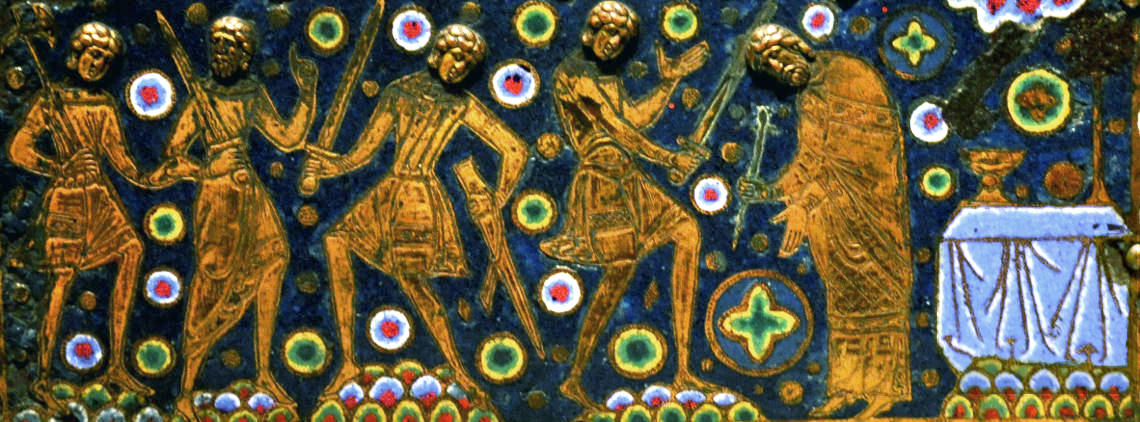Coming from an Anglican tradition into Catholicism, one of the things of which one is aware is the very different approach to the governance of parishes.
In a Catholic Parish, the priest is ruler; the only formally required parish body is a Finance Council, and even that can do not more than advise and guide; the guidance can be ignored. Where a parish has mature parochial lay structures in place - a functional Pastoral Council, a capable and established Finance Council, laity active in the community and in the life of the parish - it remains entirely open to the priest to demolish the lot on a summary basis. A change of Parish Priest, indeed, places all such structures in abeyance until he chooses to reinstate them - if he does.
But surely, one would say, in the modern world in which people are educated and have professional skills which aid in the organisation and ministry of a parish, no priest would do such a thing! And equally surely one would be wrong. Parish clergy are a law unto themselves in such things.
Then we look over the fence into the Anglican world, and we see Churchwardens with legally constituted powers (even the power of arrest!); we see Parish Councils with a persistent and effective nature. Depending on the nature of the living, they may be the authority which, alongside the Bishop, appoints the priest. We can't say that they always work well - and there are cases in which they become sources of conflict - but in most Anglican parishes, these structures serve them well; not only bringing lay experience and ability into the frame, but also freeing the ministers to more active ministry.
True, we see a lot wrong with Anglicanism - otherwise we would not have chosen to swim the Tiber - but we have to wonder why it is that the Catholic Church retains, as a matter of canon law, structures which appear unfit for the world in which we now live. That was OK for the mediaevals, we may think, when people were less educated and the priest was the source of all learning, but not now!
But wait. The fact turns out to be that this was, in fact, not even OK for the mediaevals. The office of Churchwarden is documented in the 1300s in England; there is a reference to the responsibilities of the role in the Synod of Exeter in 1287 (a synod notorious for other reasons, but that is not relevant here). The role of Parish Clerk (and this as a parochial rather then a civil role) is documented from the same times, with the parish paying for the Clerk's time. The Wardens were responsible for the fabric of the nave and it maintenance; the Priest for the Sanctuary; they were mutually dependent. This was a time when the Norman kings were starting to speak English, and when older English - or Saxon - ways were starting to have some influence after the dark times of Norman repression.
Now, rightly or wrongly, we tend to see England as a land in which freedoms developed early; Magna Carta and all that. Actually reading Magna Carta soon dispels the idea that this was a charter of the rights of the common man; but the lay roles in parish administration perhaps indicate the emancipation of at least some common men and women; at least those with the ability (and perhaps the funds) to take up such a role. At the least we see here an acknowledgement that the charism of priesthood is not the only source of the ability to take financial, legal and administrative responsibility.
So what happened? Why is it that when Catholicism returned to England, it did not pick up the traditions it had assuredly had in this country? Had the Reformation sent it reeling into a less developed and more autocratic Europe, from which it returned imbued with ideas foreign to England? Or did the Church of the counter-reformation fear that the common people, the laity, would be more likely to lead it astray if allowed any measure of control; that it risked heresy spreading - although those most instrumental in the spreading of heresy had always been renegade clergy? This would be a truly fascinating subject for study, if one only had the time.
Whatever the reasons, I believe we have lost something valuable; that the autocracy of Catholic parishes is a weakness when compared with our own English Catholic tradition of the wardens, the clerk, the sexton, the vestry committee. In a time in which we have been able to allow the English of Cranmer into our sanctuaries, is it not time to allow English governance back into the nave?

Post a comment